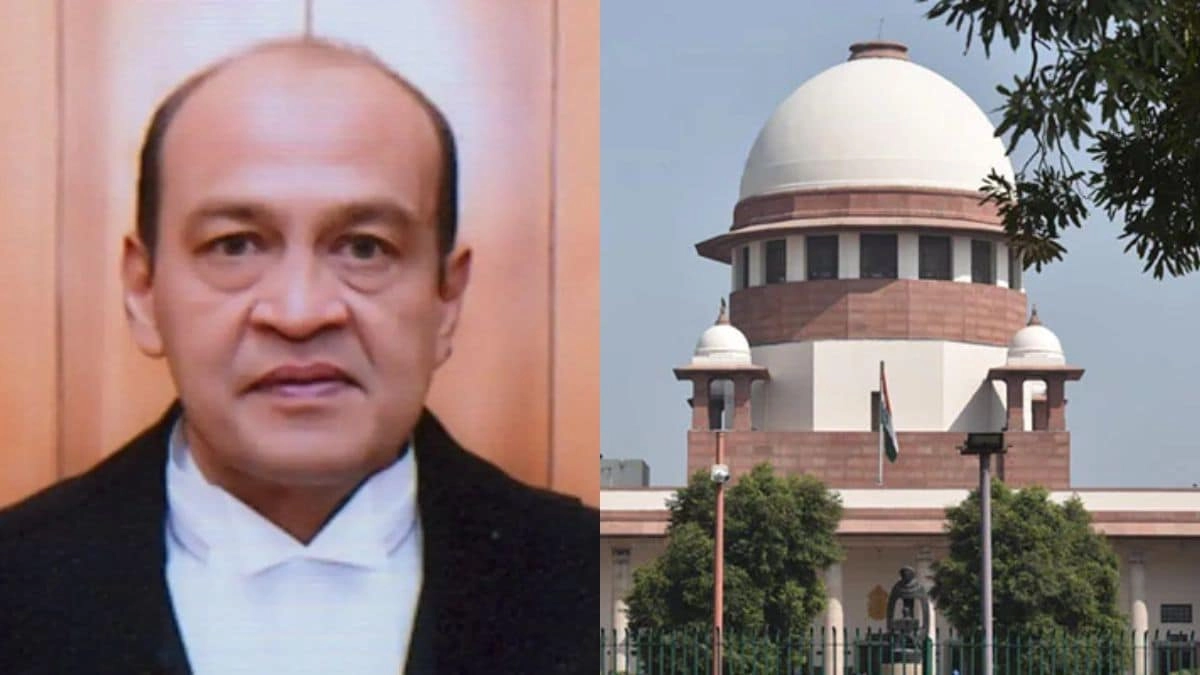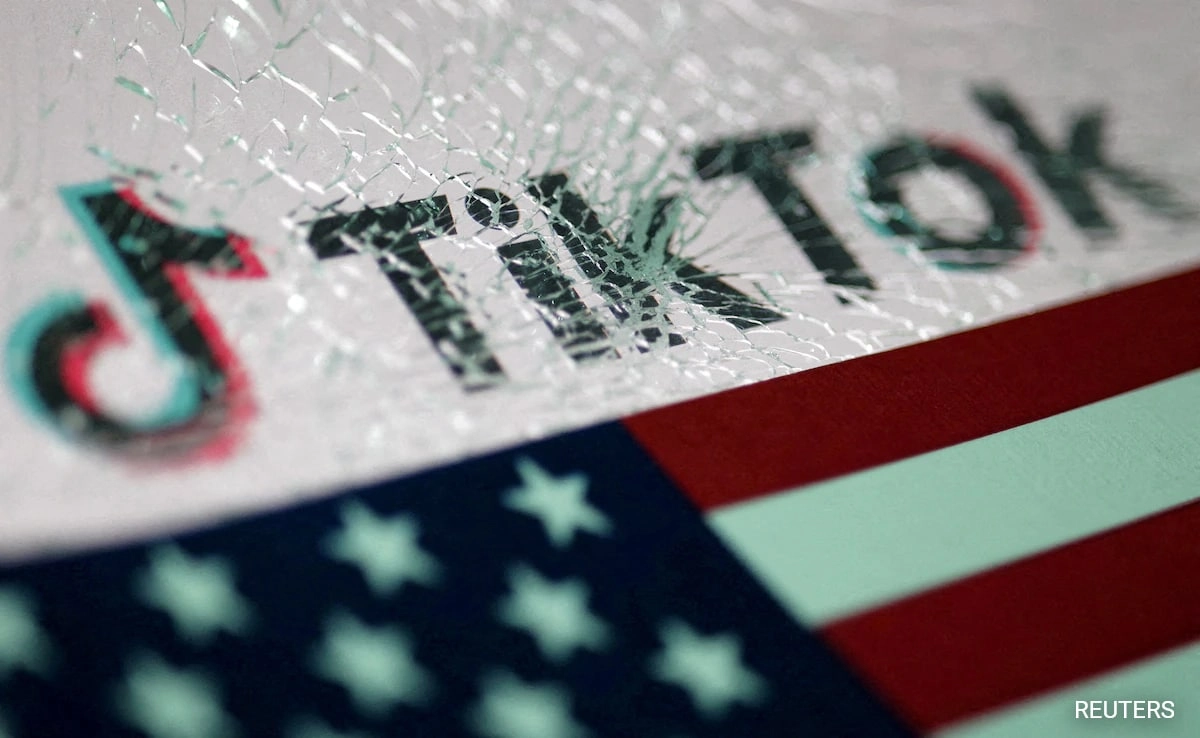In a recent session that has garnered significant attention, the Supreme Court engaged in a pointed discussion regarding the responsibilities and operations of the judicial system, particularly focusing on the role of judges in financial matters. During this session, the Chief Justice emphasized that the judiciary is not a mere extension of postal services, highlighting the critical distinction between administrative functions and the responsibilities of judicial officers. The remarks came in light of ongoing concerns regarding a specific judge’s handling of a cash-related dispute, which has raised questions about transparency and accountability within the judicial framework.
The Supreme Court’s inquiry into the judge’s actions is a reflection of its commitment to uphold the integrity of the judicial system. Judges are expected to maintain high standards of conduct, especially when dealing with financial transactions that could lead to conflicts of interest or the appearance of impropriety. The Chief Justice’s comments serve as a reminder that the judiciary must operate above reproach, ensuring that justice is not only served but is also perceived to be served. The implications of this case extend beyond the individuals involved; they touch on the broader issues of public trust in the legal system and the principles that govern judicial behavior.
As the Supreme Court continues to scrutinize the actions of the judge in question, it raises essential questions about the mechanisms in place for overseeing judicial conduct. The dialogue underscores the necessity for clear guidelines and accountability measures that can prevent similar situations from arising in the future. It also highlights the importance of maintaining the separation of powers, where the judiciary must remain independent from administrative influences that could compromise its impartiality. The ongoing discussion serves as a vital reminder of the need for vigilance in protecting the integrity of the judicial system, which ultimately serves the interests of justice and the public at large.
In conclusion, the Supreme Court’s examination of the cash row involving a judge not only addresses a specific case but also opens a broader conversation about the standards expected of judicial officers. The Chief Justice’s assertion that the judiciary is not akin to a postal service encapsulates the essential duty of judges to uphold the law with integrity and fairness. As the court deliberates on this matter, the outcomes will likely have lasting implications for judicial accountability and the public’s perception of the legal system, reinforcing the idea that justice must be administered with both diligence and transparency.




